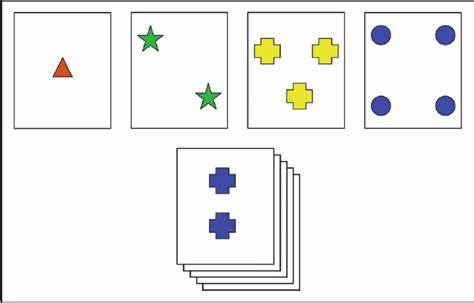
ADHD is is characterized as a persistent pattern of inattention and/or hyperactivity/impulsivity that interferes with functioning or development.
Therapy Dynamics offers ADHD testing for adults in Minnesota with our autism testing or separately. Attention-Deficit Hyperactivity Disorder affects 4-5% of adults, but many don’t seek out assessment or treatment. With proper treatment, symptoms can improve and life can be productive.
At Therapy Dynamics, I use the D-REF Adult and DREF along with the Wisconsin Card Sorting Test and Brief Test of Attention to remotely assess for ADHD in individuals ages 15+. The Wisconsin Card Sorting Test is a performance-based test that we work through together during the testing session.
Included with the ADHD testing in Minnesota is an intake interview session, one testing session, and a feedback session. A full report is included.
The total cost is $700.
ADHD symptoms of inattention†
- Makes careless mistakes/lacks attention to detail
- Lacks sustained attention
- Poor listener
- Fails to follow through on tasks and instructions
- Exhibits poor organization
- Avoids tasks requiring sustainedmental effort
- Loses things necessary for tasks/activities
- Easily distracted (may include unrelated thoughts)
- Forgetful in daily activities
†Symptoms must occur often.
ADHD symptoms of hyperactivity/impulsivity†
- Fidgets with or taps hands/feet or squirms in seat
- Leaves seat in situations when remaining seated is expected
- Experiences feelings of restlessness
- Has difficulty engaging in leisure activities quietly
- Is “on the go” acting as if “drivenby a motor”
- Talks excessively
- Blurts out answers
- Has difficulty waiting their turn
- Interrupts or intrudes on others
†Symptoms must occur often.
Some DSM-5® diagnostic criteria for ADHD in adults
- Several inattentive or hyperactive/impulsive symptoms were present before age 12 years
- Several inattentive or hyperactive/impulsive symptoms must be present in 2 or more settings (e.g., at home, school, or work; with friends or relatives; in other activities)
- There is clear evidence that the symptoms interfere with, or reduce the quality of, social, academic, or occupational functioning.
- Symptoms do not occur exclusively during the course of schizophrenia or another psychotic disorder, and are not better explained by another mental disorder (e.g., mood disorder, anxiety disorder, dissociative disorder, personality disorder, substance intoxication or withdrawal).